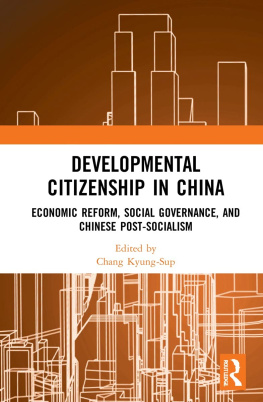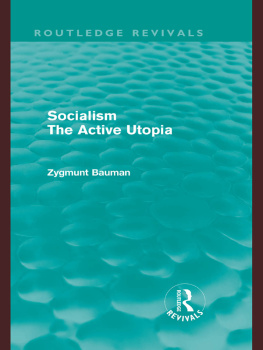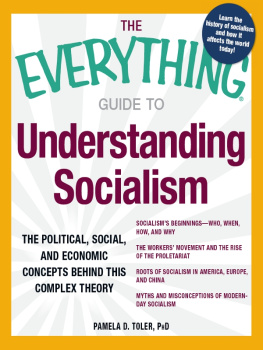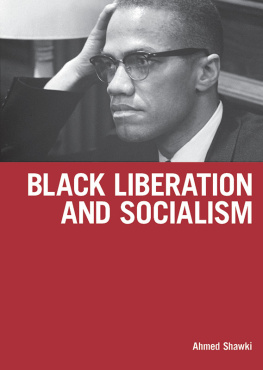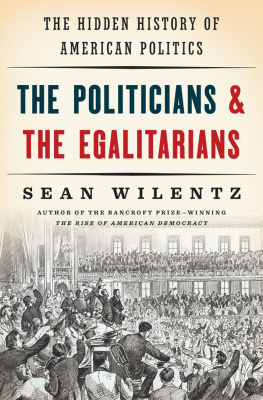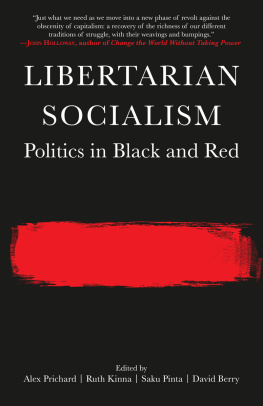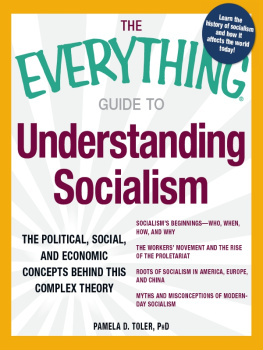Conclusion: After the 1991 Yugoslav Deluge, the Rise of the New Europe
Partisan Yugoslavia was an expanding and ever moving island of liberation, a utopia that floated across the stormy war-torn sea. Once liberated, Yugoslavia became an inspiration to the oppressed and a synonym for a political, geopolitical, theoretical, and even economic scandal. A scandal, a veritable partisan rupture that broke off with the mainstream ideological frame, be it capitalist realism or the Stalinist socialism that existed at the time. Yugoslavia created a decisive break within the international workers movement that was, on the state level, dominated by Stalinism. It also stood for a rupture that could not be integrated into the scenario of the global political elites and their bipolar world nor into the subsequent nationalist-liberal revisionism that followed the fall of Yugoslavia. The partisan struggle, self-management, and the Non-Aligned Movement were all fruits of laborious struggles and the work of communist (and other) leaderships and the masses from a single generation. This book has argued that the most prominent and long-term break took place during World War II, when the antifascists and partisans succeeded in transforming the negative politics (the fight against foreign occupation) into a veritable social revolution that was supported by the masses. Yugoslavia was a part of the revolutionary sequence on the periphery of (Southern) Europe, which resulted in defeats in Spain (193639) and Greece (194149), and the victory of the liberation struggle in Yugoslavia (194145). In its own way the Yugoslav partisan rupture contributed to the revolutionary tradition of the oppressed, and some of its various consequences, visions, echoes, as well as unintended effects, have been covered in this book.
agent that would merely overthrow the ancien rgime. The partisan rupture yields strong consequences and is seen as a starting point of the revolutionary process that transformed the subjective forces as well as the objective conditions. Furthermore, the time, space, and subjectivity of rupture are inefficient and authorised by themselves, i.e., by the interiority of the struggle. In other words, the rupture is not teleological (subject to historical necessity), but contingent and unpredictable. Finally, the rupture results in strong consequences in thoughts and actions that oppose the dominant system of oppression and exploitation.
provided a broader historical background to the first Yugoslav partisan rupture and analysed the central economic tensions and political antagonisms in the pre-war Kingdom of Yugoslavia. The bleak picture of the semi-fascist dictatorship in the Kingdom illustrates the major whys and wheretofores of how the Yugoslav Communist party and the masses of oppressed people revolted through uprisings, protests, and wildcat strikes. Furthermore, I pointed out how essential the experiences of the international brigades in Spain were in the light of the looming fascist war. The antifascist struggle and the various political agents of dissent and international solidarity infused new dimensions to the strategy of the Peoples Liberation Struggle. Even though the communists emerged victorious in the war ridden landscape due to their skilful organisation of the masses and the waging struggle, the partisan struggle cannot be reduced to a retrospective Party history.
In contrast to the official ideology of socialist Yugoslavia, advocated the view that the Peoples Liberation Struggle (PLS) in itself became a central agent and event that initiated the new Yugoslavia. One should not take anything away from the Communist Party of Yugoslavia (CPY), its organisational and ideological work, its long-term clandestine modus of functioning, and the fact that it held an avant-garde position within the PLS. However, its leadership with its conspiratorial and sectarian modality due to the constant interwar repression as well as the social-political composition of the Party, changed radically during the war. The CPY became a mass organisation that ran parallel to the open and mass democratic forms of the peoples liberation councils that were predominantly left to their own agility and capacity to organise the struggle and life in general.
The Yugoslav partisan movement was the only movement that included people from different religions, of both genders, and from all nationalities. Partisans created an imagery of a new future that differed radically from the other two existing political principles: the partisan movement differed from the fascist occupation and their prospect of the new fascist Europe that was based on racial hierarchies and ethnical hatred; whilst it also differed from the old forces that identified with the government of Yugoslavia in exile and were, in the military sense, represented by the Chetniks. The latter waged war on the partisans and terrorised the local population. In terms of a future horizon the Chetniks wanted to merely continue, under open Serbian national dominance, the pre-war Yugoslavia. In opposition to the two principles based on ethnical hatred, the PLS did not struggle in the name of an exclusive nation that would be predicated on an eternal national substance. The PLS was clearly based on antifascist solidarity, on the equality of all nations and nationalities and social emancipation. Furthermore, the PLS became a revolutionary mass movement that was predominantly comprised of the rural population, and which was supported not only by the CPY, but also received vital contributions from the Womens Antifascist Front and the Youth Communist Organisation. The PLSs central innovation was to combine national and social liberation in a specific form of a deterritorialised (anti)state. To this end the PLS developed its own mobile infrastructure, comprising political and cultural (counter)institutions on both the liberated and the occupied territories. It reached its peak during the second meeting of the Antifascist Council of the Peoples Liberation of Yugoslavia in November 1943, when the delegates from the Yugoslav resistance declared a partisan revolutionary government that cut all ties with the old Kingdom of Yugoslavia. The latter was formally recognised by the Allies, however, the Yugoslav partisan movement relied on its own forces and capacities and thus risked its future. A set of tremendous political consequences unfolded as a result of the partisans liberating Yugoslavia on their own, and this was reflected in the establishment of the federative and socialist Yugoslavia.
The post-war reconstruction was linked to a number of strategic challenges for the new Yugoslavia, such as the severity of the split of Yugoslavia from Stalin and the Cominform in 1948 assessed in the Yugoslav leadership stepped on the path to a new model of socialism and moved beyond the Balkan horizon.
took a closer look into the pioneering times of the workers self-management (SM) and the Non-Aligned Movement (NAM). These two post-war partisan ruptures did not employ the guerrilla tactics and revolutionary organisation deployed during World War II, however I claim that they continued with partisan politics by other means which yielded local and global effects. The internal rupture departed from the critique of Stalinist bureaucratisation and the dominant model of nationalising the means of production and developed into the model of workers self-management and social ownership. Undoubtedly the most successful and experimental period of self-management took place between the 1950s and the mid-1960s. On the other hand, the external rupture resulted in the Yugoslav communists turning towards the rest of the world and participating in the establishment of the Non-Aligned Movement. The NAM was officially launched in 1963, with Tito becoming its first (rotating) president and Belgrade its first headquarters. The NAM became a political platform for a variety of countries that were engaged in antinuclear and anti-colonial efforts that would decentralise the bipolar world. In short, the three partisan ruptures (the PLS, SM, and the NAM) constituted a kernel of revolutionary politics that yielded consequences on the local, regional, and even global level. The first six chapters of this book examine what the partisan ruptures meant for the emancipation of the oppressed in Yugoslavia, which can be read as the interlacing of emancipatory ideas, practices, and struggles. Finally, this part of the book can be read as an attempt to reanimate the partisan figures by un-blocking the current situation of neoliberal authoritarianism and the dominant ethno-nationalist doxa.




